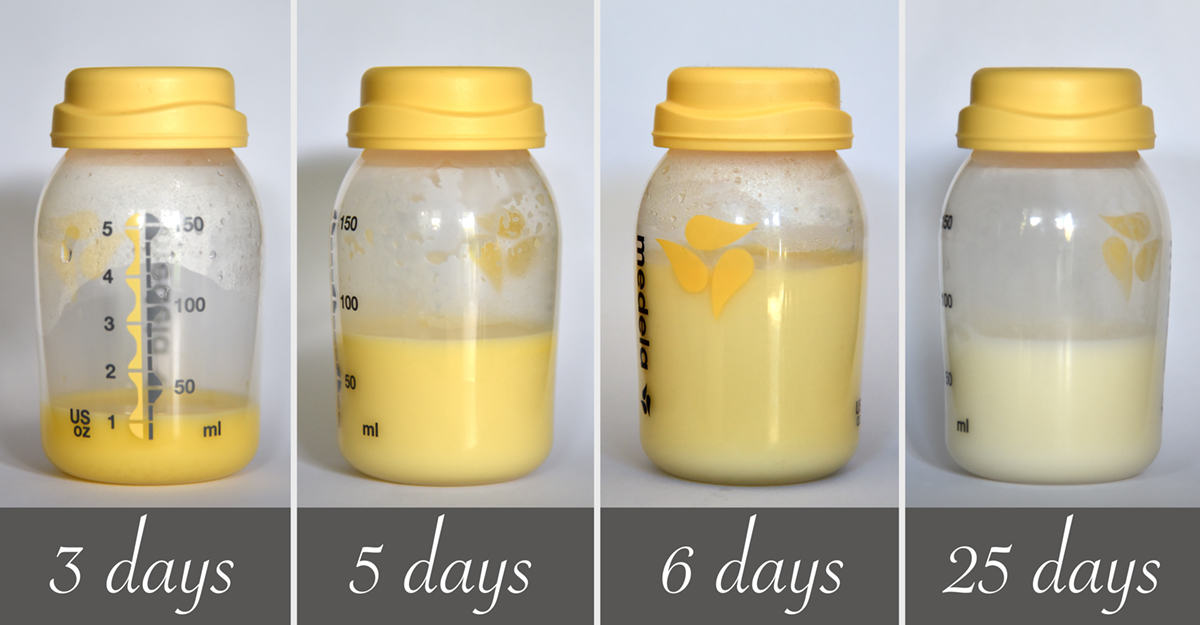
Colostrum is a very common and very important phenomenon, experienced by many expecting women. Some women notice colostrum leaking, usually starting from their second trimester, and some of them panic. This is a perfectly normal occurrence and it does not interfere in any way with nursing or with the baby’s health.
What is colostrum?
Colostrum, also called beestings or first milk, is a liquid that forms in the beasts by mammary glands during pregnancy, before the mature milk forms. It is the first food of mammals, including humans.
The formation of a colostrum starts early in pregnancy, usually between weeks 12 and 14. it is different from milk because it has less sugars and fats and more salt and protein. It is usually yellow and thicker that milk, and as the due date approaches, it becomes clearer. Colostrum can leak from the breast after massage or sexual stimulation. The lack of colostrum leakage is nothing to worry about, as it does not affect the mother’s ability to produce milk and to breastfeed.
After the birth of the baby, the milk starts leaking. This milk is called “transitional milk” because it still contains some colostrum, which is why this milk can be yellowish and thicker. As the time passes, it becomes thinner and whiter, containing less and less colostrum. Colostrum will be present in the milk for four to ten days after childbirth. In mature milk, the presence of antibodies and growth and immune factors will be much lesser compared to colostrum.
As for the amount of colostrum, it varies from women to women. It can vary from a teaspoonful to one ounce. It is important to understand that lack of colostrum or small amount of colostrum leaked has nothing to do with the amount of milk after the child is born.
Because of the beneficial features of colostrum, early breastfeeding is highly recommended to all nursing women.
Functions of colostrum
Colostrum is something of a vaccine for the baby. It contains antibodies called immunoglobulins, especially IgA. This particular immunogolobulin is different from IgG, which the fetus received through placenta. While IgG takes cafre of the baby’s circulatory system, IgA promotes immunity and protects the baby from microorganisms, like bacteria and viruses.
Newborns have small digestive system, and colostrum delivers its nutrients in a concentrated form. It has a mild laxative effect, which enables the baby to pass its first stool called meconium, which expels extra bilirubin and prevents jaundice.
Colostrum is rich in proteins and in vitamin A. Its most important bioactive components provide innate resistance to pathogens and contain growth factors, which stimulate the development of the intestines.
















Your thoughts on this
Loading...